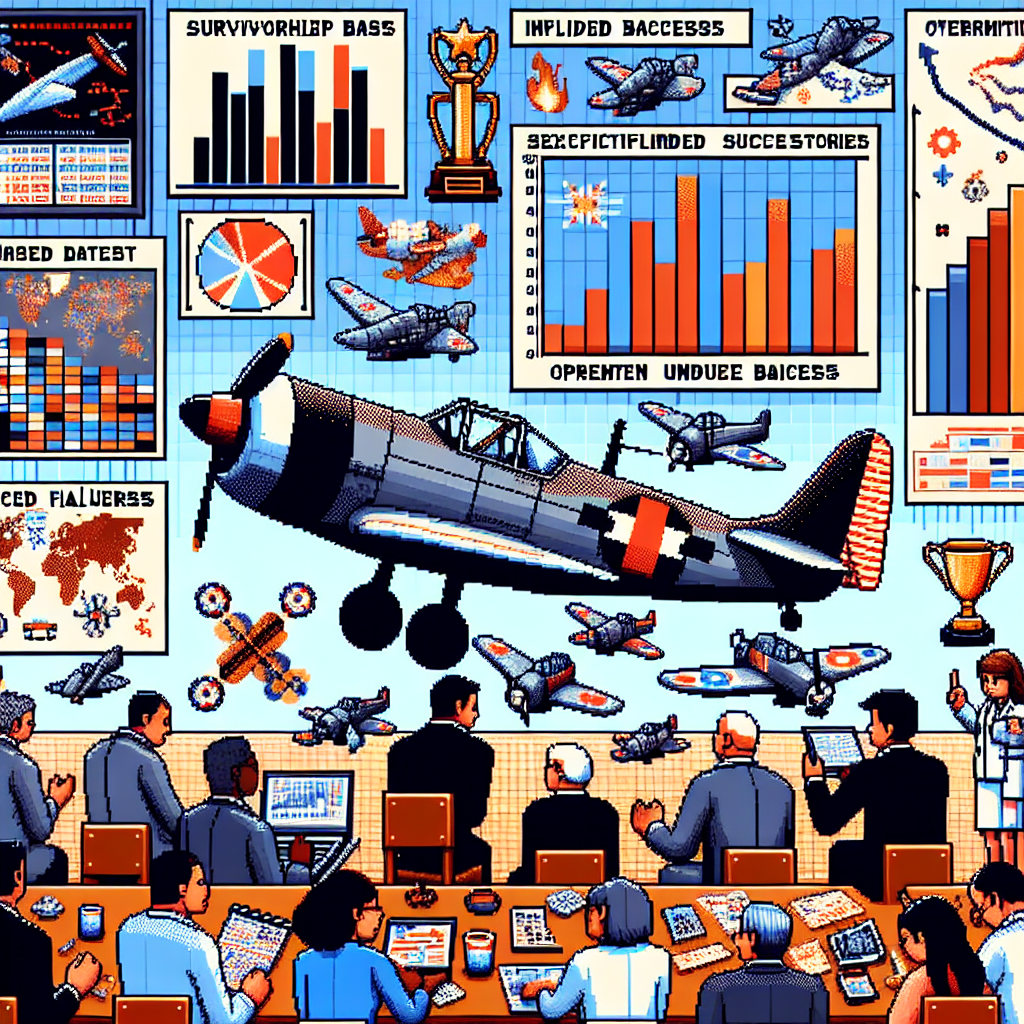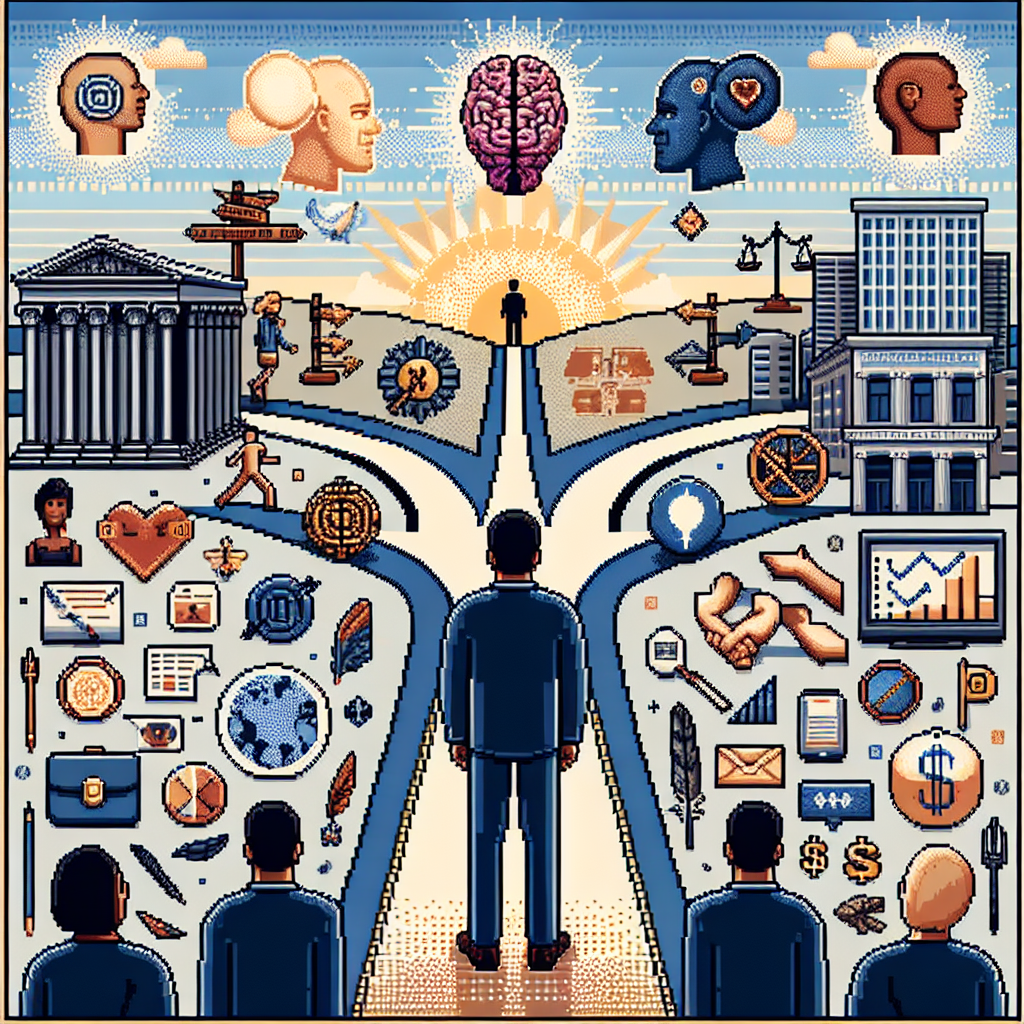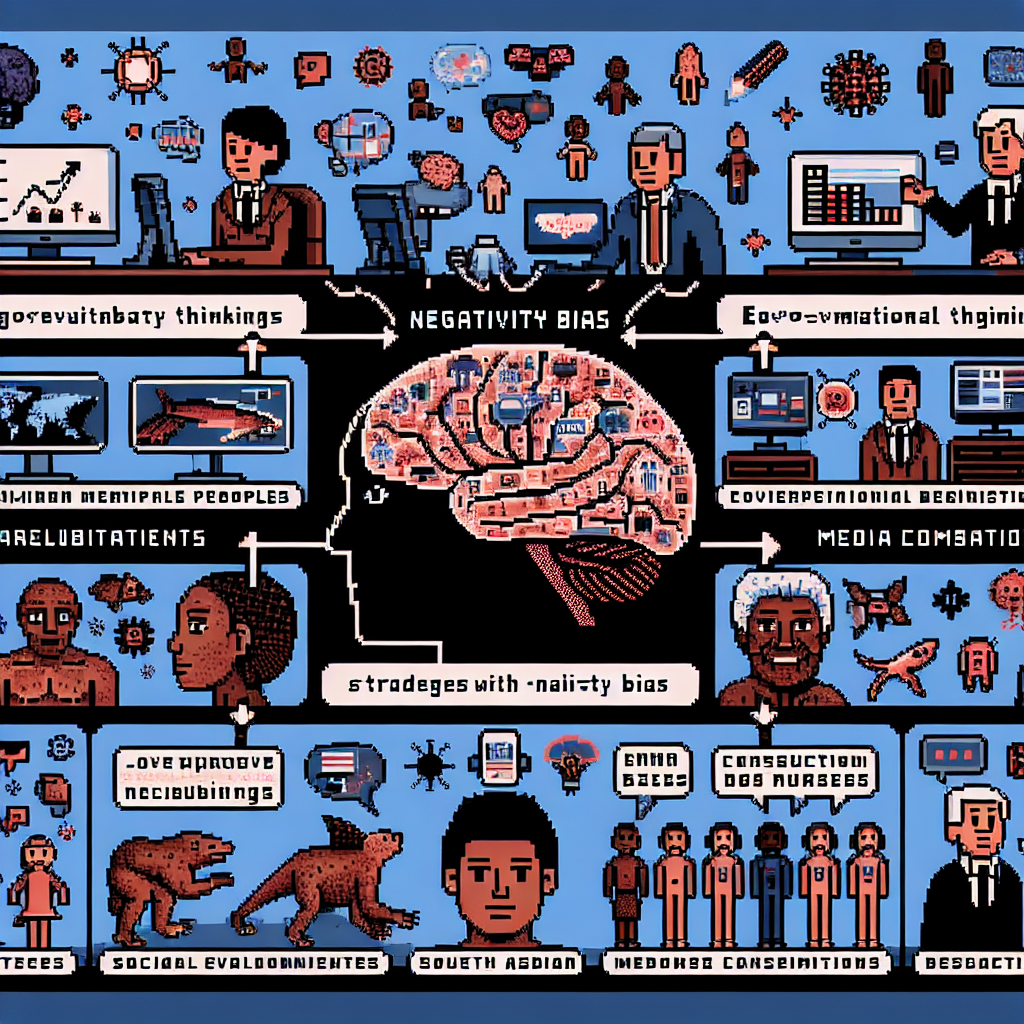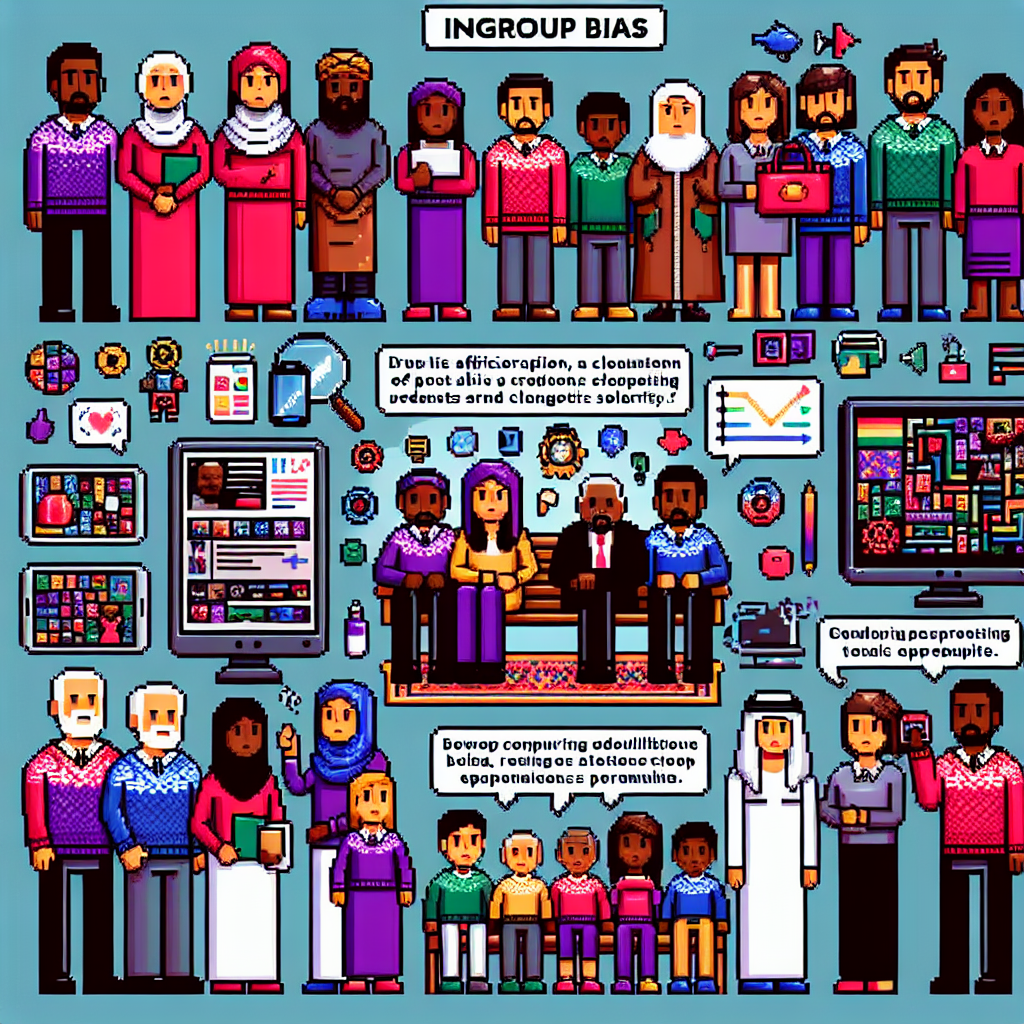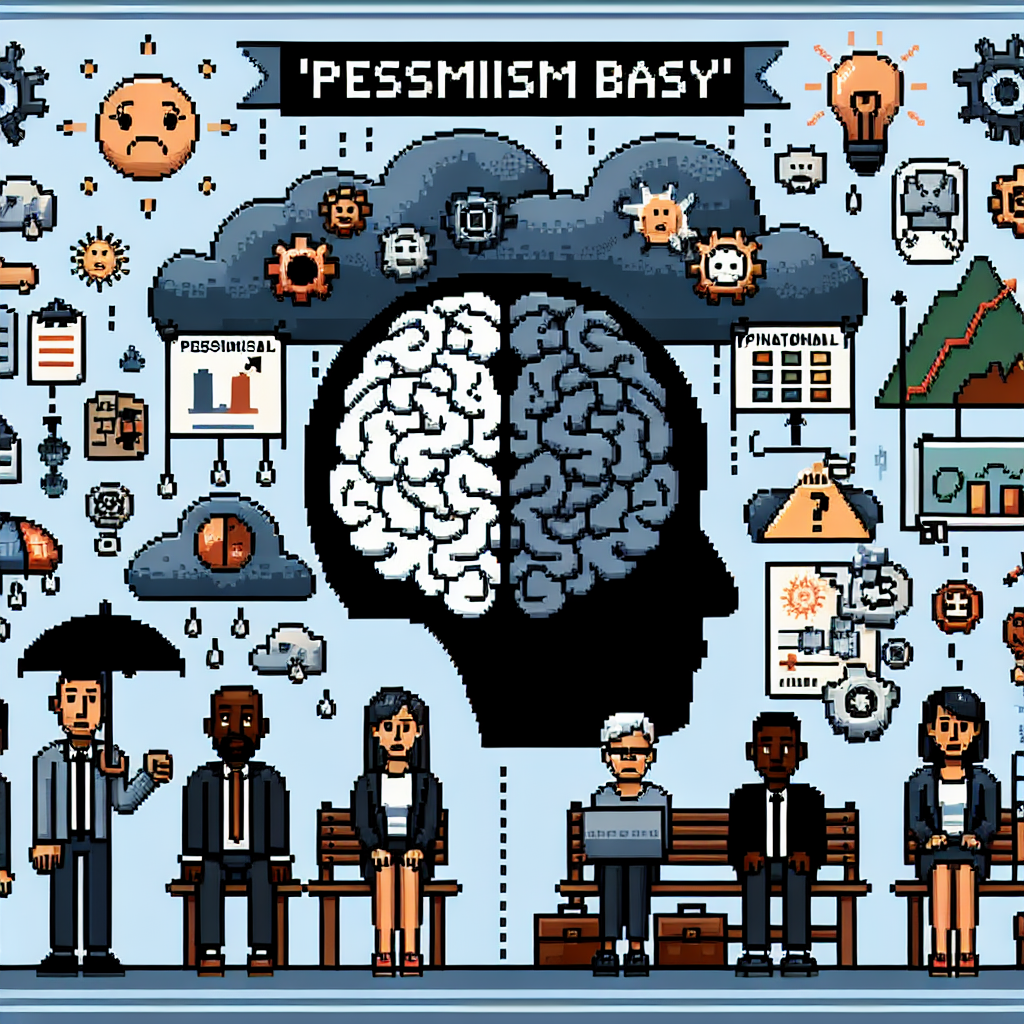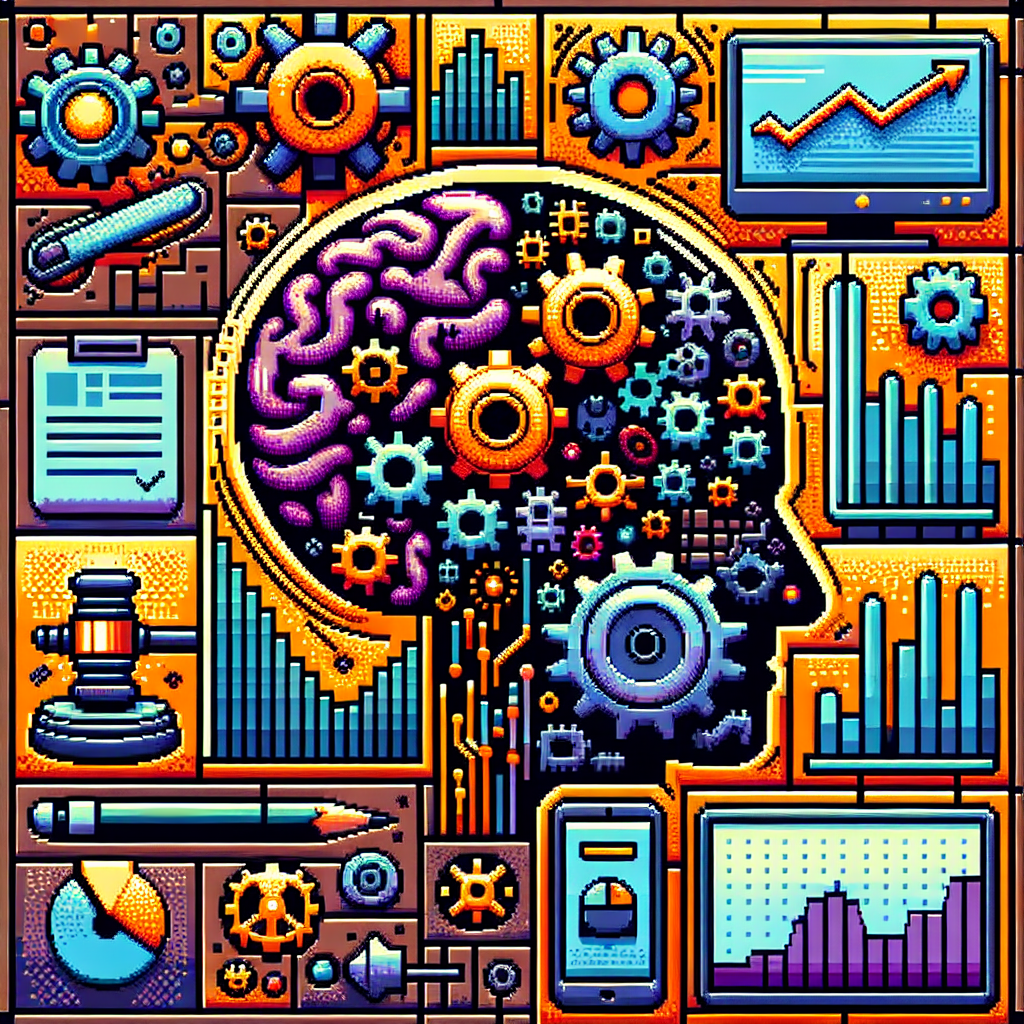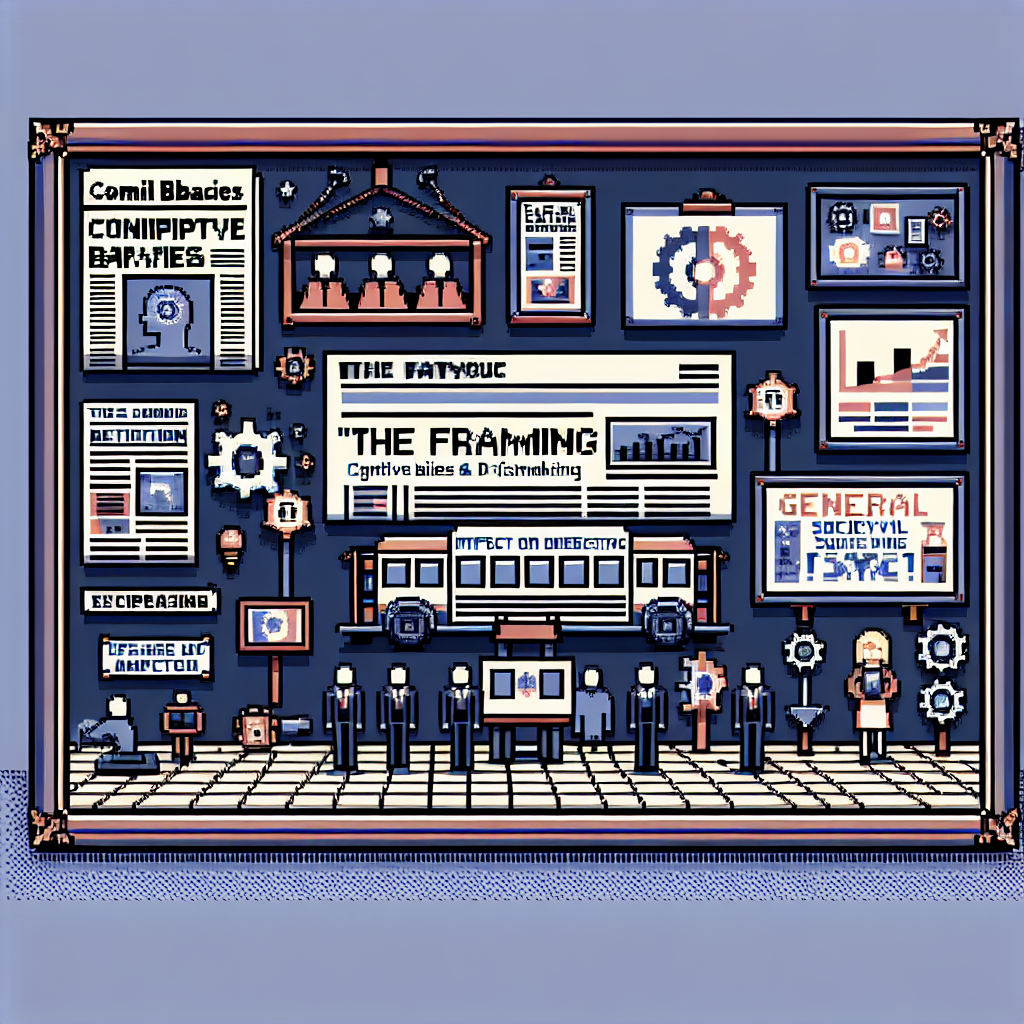Survivorship Bias
Introduction to Survivorship Bias Definition of Survivorship Bias Survivorship Bias refers to the logical error of focusing on entities that made it past a selection process while overlooking those that didn’t. Consequently, this bias leads to skewed perceptions and conclusions. Importance in Data Analysis and Decision-Making Understanding Survivorship Bias is crucial in data analysis and […]
